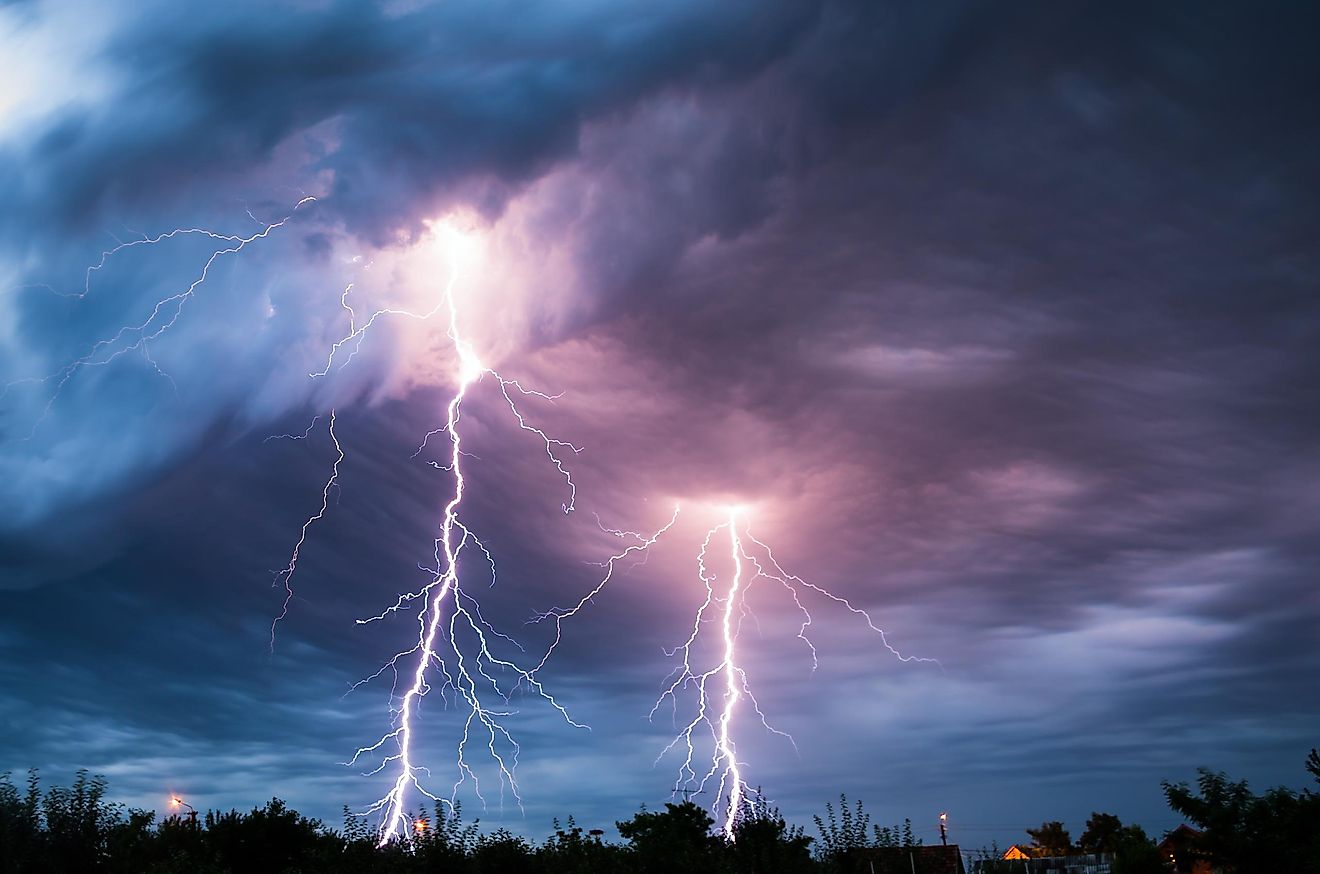How Do Plants Respire?

- Respiration is one of the most important processes for all living things because we use it to stay alive.
- Respiration is a process that is opposite of that of photosynthesis.
- Dark respiration happens when there is no light, while photorespiration happens only when there is light involved.
The process of respiration is important for all living things because they use it to stay alive. This is also true for plant cells. They need the process of respiration just as humans and animals do. Plants respire using the process of cellular respiration. This means that they use the nutrients they obtained from soil and turn them into energy. This energy is used to fuel all of their cellular activities. This process is different from photosynthesis.
Photosynthesis is the process where plants convert light energy into chemical energy. They store this energy into glucose that they later use in respiration. So the difference is that during respiration, the plants consume various nutrients to keep their cells alive, while during photosynthesis, they make their food.
The Opposite Of Photosynthesis
Here's a more detailed explanation of the process of respiration in plants. We already mentioned how it involves using the glucose (sugars) that is produced during photosynthesis in combination with oxygen to create energy. This energy is responsible for the growth of plants. Respiration can be considered the opposite process of photosynthesis. Plants produce their food in the natural world.

Plants use carbon dioxide from the environment and produce glucose and oxygen. These can later be used as an energy source. Photosynthesis only takes place in the leaves and stems. This is different from the process of respiration. It occurs in the roots, as well as the leaves and stems. Plants get the oxygen needed for this process through the stomata. The process of respiration takes place in the mitochondria of the cells once oxygen is present. This process is called aerobic respiration.
The Types Of Respiration
There are two types of respiration in plants. Those two types are dark respiration and photorespiration. Dark respiration happens when there is no light, which makes sense, considering the name. Photorespiration, on the other hand, occurs only when there is light involved. It is quite simple and makes sense. The temperature of the air is important for the process of respiration. The process is constant, meaning it goes on through the entirety of the day.
However, night respiration is more intense and visible since that is when photosynthesis is not occurring. The temperatures during the night must be cooler than during the day. This is due to the fact that the plants can get stressed from “working” all day. It works similarly as with humans that do physical activity. If you have been running all day, you want the temperature to be cooler in the evening so you can cool off. The same goes for plants and the process of respiration.
If the temperatures are still high when the rate of respiration increases at night, it could cause damage to the plant. An important element of this process is the roots. Roots are the part of the plant not involved in photosynthesis, but here they are just as important as the leaves and stem. Roots breathe oxygen, but the amount of oxygen needed for the roots differs from plant to plant. By examining this process and how it works, we can see the similarities shared between plants and other living organisms, such as animals and humans.











